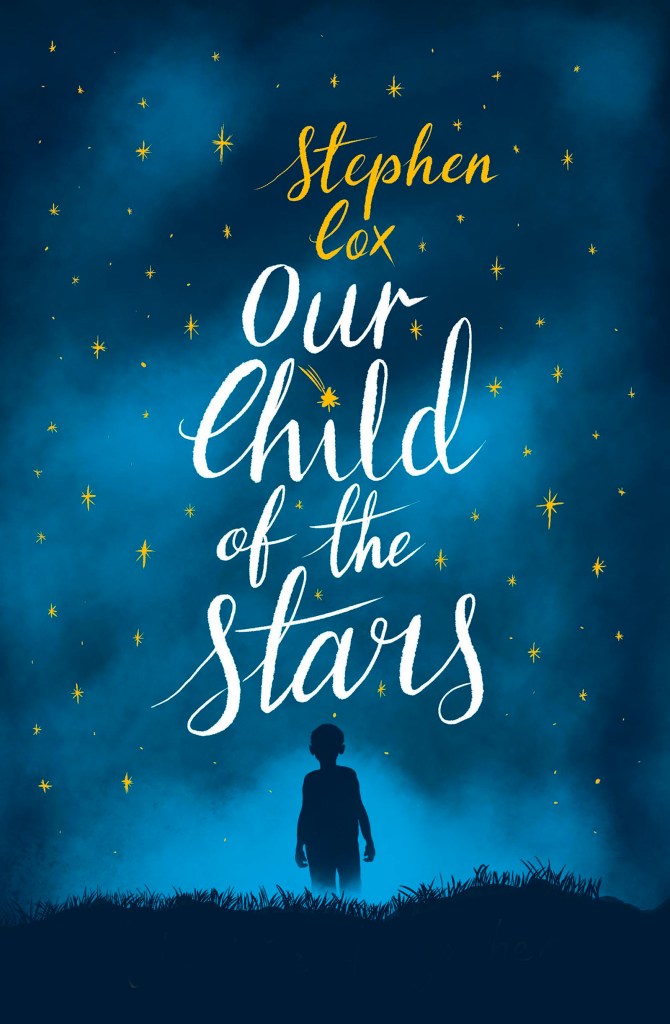
A survey of independent (self-published) authors shows several interesting features of the market. Report is from CREATe at the University of Glasgow, commissioned by ALLi, the alliance of independent authors, and the Self Publishing Formula.
The headline figures for indie authors was a median income of $12,755 for 2022, which is higher than a similar survey of traditionally published authors (reported here), and an increase on the indie author 2021 figure.
(The median means half of all authors earn more and half less than the median figure.)
The indie market offers good opportunities with more women than men answering the survey (traditional publishing is roughly equal), women earning more than men, and LGBTQA+ authors earning more than those outside that community. However, both black and disabled authors earned significantly less than others. The argument that self-publishing widens access to the reader clearly has some truth, but not universally. Benefit could work in different ways – the LGBTQA+ authors also appeared to write primarily in community tagged genres.
As with traditional publishing and many creative endeavours, the rewards are unevenly divided – 1% of authors received 31% of income. And those who had been self-publishing the longest, and with the most works available, tended to do better.
These figures refer to authors who spend at least half their working time on writing and allied activities.
The report notes that many of the successful indie authors make money from direct liaison with their readers – crowdfunding, subscriptions, paid content newsletters, patron platforms etc. At a time where reaching your fans directly and cheaply, owning a mailing list becomes ever more important – however you publish.
Analysis: “Turnover is vanity, profit is sanity.”
ALLI, the alliance of independent authors said the survey showed that independent authors earned more.
However, this needs to be interpreted with caution. This is income, not income after costs. CREATe has yet to study the difference in costs between traditionally published and indie published authors.
An independent author must pay for their own editing, cover design, printing, advanced copies, and promotion etc. A traditional author largely doesn’t – the exception being perhaps promotion. If an independent author advertises, they directly raise their own income more than a traditional author would. (Independent authors receive a cut on each sale. Traditional authors receive a lower cut, but are usually paid a lump sum assuming a certain level of sales, even if they never make that. Trad authors advertising their books benefits their publisher more than them.)
A very large number of independent authors lose money on their publishing career. One might ask how many of them filled in the survey?
What is clear is that independent publishing is a world away from thirty years ago – where it was a bit quixotic, although some still made it work. Now a businesslike author who writes fast, to a specific audience, probably in series, and promotes their work well, can get their work into print quicker, stay in print as long as they want, and generate a significant income. Traditional publishing has probably got more vexing for many of its authors. But there’s no guarantee, just as with in traditional publishing.
Photo: Vitalina, Pexels















